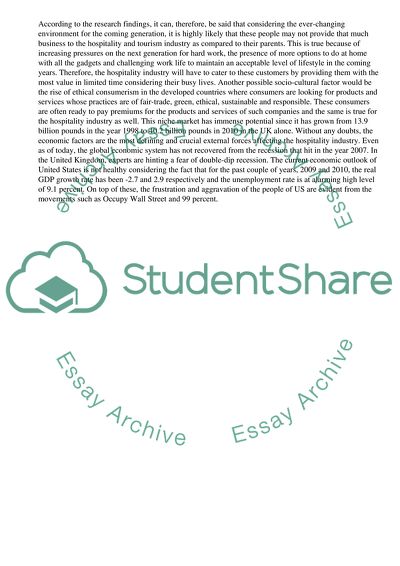Cite this document
(“External Environment of Hospitality Industry Essay”, n.d.)
External Environment of Hospitality Industry Essay. Retrieved from https://studentshare.org/management/1584088-scanning-the-external-environment
External Environment of Hospitality Industry Essay. Retrieved from https://studentshare.org/management/1584088-scanning-the-external-environment
(External Environment of Hospitality Industry Essay)
External Environment of Hospitality Industry Essay. https://studentshare.org/management/1584088-scanning-the-external-environment.
External Environment of Hospitality Industry Essay. https://studentshare.org/management/1584088-scanning-the-external-environment.
“External Environment of Hospitality Industry Essay”, n.d. https://studentshare.org/management/1584088-scanning-the-external-environment.


